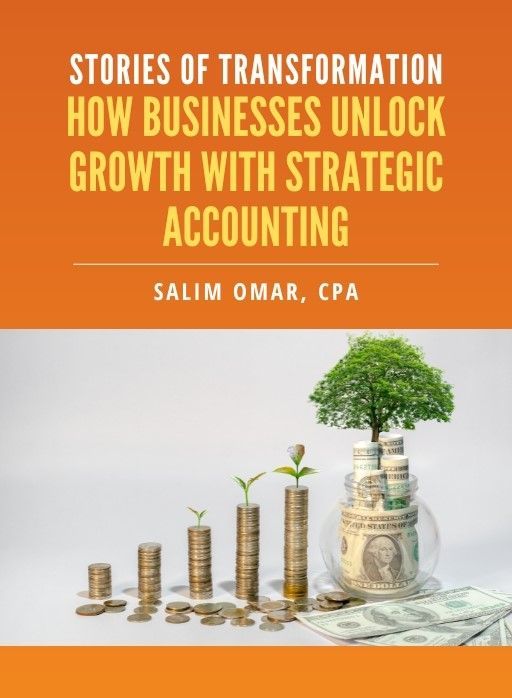Tax Extensions Explained: How to Avoid Penalties While Buying Extra Time

Taxes and deadlines don’t always mix. Especially when you're running a business. Between juggling operations, managing employees, putting out daily fires, and trying to grow, tax season can sneak up fast. When you're not quite ready to file, a tax extension can feel like a lifeline—but only if you use it correctly.
Straight Talk CPAs is breaking down what a tax extension really is (hint: it’s not a way to delay paying), how to use it wisely, and how to avoid the kind of penalties that sting long after April.
Let’s talk rules, strategy, and smart moves that buy you more time
without digging yourself into a financial hole.
What Is a Tax Extension (and What It Isn’t)?
A tax extension gives you more time to file your return—not more time to pay.
Let’s get this part out of the way. The IRS lets both individuals and businesses apply for an extension to file their tax returns. For most businesses, the regular tax deadline is March 15 or April 15 (depending on entity type). An approved extension can push that deadline back six months—giving you until September or October.
But here’s the kicker: any taxes owed are still due on the original deadline.
So if you're thinking about an extension as a break from paying taxes, think again. The IRS wants its money on time. The extension just delays paperwork, not payment.
Why File for an Extension?
There are legit reasons to file an extension—and plenty of situations where it makes financial sense:
1. Missing Documents
Waiting on K-1s? Still haven’t received 1099s from contractors? These can delay your ability to file an accurate return. Filing with missing info just invites audits or amendments.
2. Books Aren’t Ready
If your accounting is a mess—or still in cleanup mode—it’s smarter to extend than rush through it. Incomplete or sloppy financials can cost more in the long run through missed deductions or IRS scrutiny.
3. Complex Transactions
Mergers, asset sales, reclassifications… If you had a year with big moves, you might need extra time to sort through the tax implications.
4. Strategic Planning
In some cases, businesses use the extension period to finalize tax-saving moves, like retroactive retirement contributions or depreciation planning.
How to File a Tax Extension
It’s not difficult. But you’ve got to follow the steps exactly.
For Businesses (S Corps, Partnerships, C Corps):
File Form 7004 with the IRS by the original due date of your return. This form is used to request an automatic extension. It can be submitted electronically or by mail, but e-filing is faster and easier to track.
For Sole Proprietors or Single-Member LLCs:
Use Form 4868 to extend your personal tax return (which includes Schedule C income).
Heads-up: You need to estimate your tax liability when filing the extension. If you underpay, interest and penalties can still apply—even if your extension is granted.
Key IRS Tax Extension Deadlines
- S Corporations & Partnerships: March 15 → Extended to September 15
- C Corporations: April 15 → Extended to October 15
- Sole Proprietors (Schedule C): April 15 → Extended to October 15
- Estimated Tax Payments: Still due April 15, no matter what
Missing the extension deadline? That’s when penalties start racking up.
TL;DR: Tax Extensions Are Tools—Use Them Wisely
To wrap it up, here’s what matters most:
- Tax extensions give more time to
file, not
pay.
- You still need to
pay your estimated taxes by the original deadline.
- Filing an extension can help you avoid errors, missed deductions, and messy returns.
- Done wrong, extensions still come with penalties and interest.
- CPA guidance can make or break the outcome.
If you're unsure whether to file or pay, it's better to ask than assume.
Straight Talk CPAs helps business owners every year navigate tax extensions without stumbling into penalty territory. Whether you're behind on books or just unsure about the numbers, the right strategy buys peace of mind—not just time.
Free eBook:
Stories of Transformation


Salim is a straight-talking CPA with 30+ years of entrepreneurial and accounting experience. His professional background includes experience as a former Chief Financial Officer and, for the last twenty-five years, as a serial 7-Figure entrepreneur.




